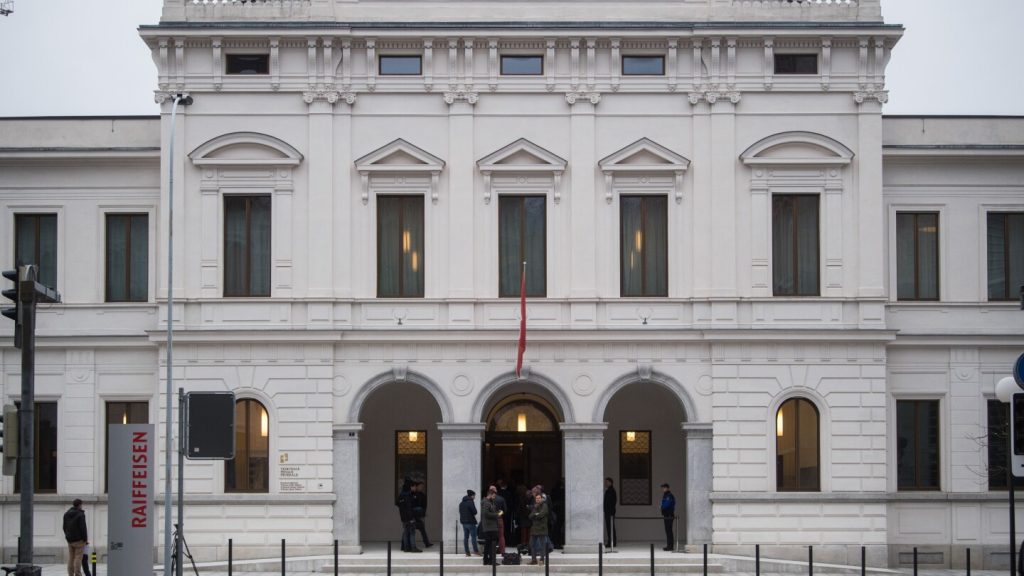Switzerland’s Top Court Convicts Trafigura in Landmark Bribery Case
A Historic Verdict Against a Global Commodities Giant
In a landmark decision, Switzerland’s federal criminal court in Bellinzona has convicted Trafigura, a multinational commodities trading firm, for its involvement in a bribery scheme linked to lucrative oil contracts in Angola. This marks the first time a multinational corporation has been convicted in a Swiss court for such offenses. The case centered on payments totaling nearly $5 million made by Trafigura to a foreign public official over a decade ago. These payments were allegedly aimed at securing favorable contracts in Angola’s oil industry. While the court imposed a fine of 3 million Swiss francs (approximately $3.3 million), it acknowledged that Trafigura had implemented some compliance measures at the time of the violations, which prevented the maximum penalty of $5 million from being applied.
Trafigura Ordered to Set Aside $145 Million for Potential Compensation
In addition to the fine, the court ordered Trafigura to allocate $145 million for possible compensation claims related to the case. Prosecutors argued that the company had profited nearly $144 million from the contracts secured through the bribery scheme. This ruling underscores the financial repercussions of such unethical practices, not only in terms of penalties but also in potential liabilities for damages. The verdict serves as a reminder of the legal and financial risks that corporations face when engaging in or failing to prevent corrupt activities.
Individuals Also Face Consequences for Their Roles
The court also convicted three individuals in connection with the bribery scheme. Among them were a former high-ranking Trafigura employee, a former official from Sonangol (Angola’s state-owned oil company), and a former Trafigura employee who acted as an intermediary. The sentences included a 14-month prison term for one of the individuals. It is important to note that the verdict is not final, as the defendants have the right to appeal. Under Swiss law, they are entitled to a presumption of innocence until a final decision is rendered.
Trafigura Responds to the Verdict
Trafigura expressed disappointment with the court’s decision and indicated that it is reviewing the matter. However, the company did not specify whether it intends to appeal the ruling. A spokesperson for Trafigura emphasized that the firm has since invested “significant resources” in strengthening its compliance programs. These efforts include mandatory training for all employees, improved internal controls, and a prohibition on the use of third parties for business origination. While these measures aim to prevent future misconduct, they do not absolve the company of responsibility for past actions.
Background on Trafigura and Its Global Operations
Headquartered in Singapore, Trafigura is one of the world’s most prominent commodities trading firms, operating in sectors such as oil and petroleum, metals and mining, and gas and power. With a workforce of over 12,000 employees, the company is a major player in the global commodities market. However, its operations have not been without controversy. This bribery case in Angola is not the first time Trafigura has faced legal or ethical challenges, underscoring the need for robust compliance frameworks in the commodities trading industry.
The Broader Implications of the Case
The conviction of Trafigura and the associated individuals sends a strong message about the importance of transparency and accountability in international business dealings. It also highlights the long-term consequences of corruption, not only for the companies involved but also for the jurisdictions and communities affected by such practices. While Trafigura has taken steps to improve its compliance measures, the case serves as a cautionary tale for other global corporations operating in high-risk environments. The ruling reinforces the need for robust anti-bribery policies and the prosecution of unethical practices to ensure fair competition and integrity in the global marketplace.












